When it comes to cavities and gum disease, absence makes the heart grow fonder.That is because several studies have found a link between cavities, gum disease, and heart disease. In…
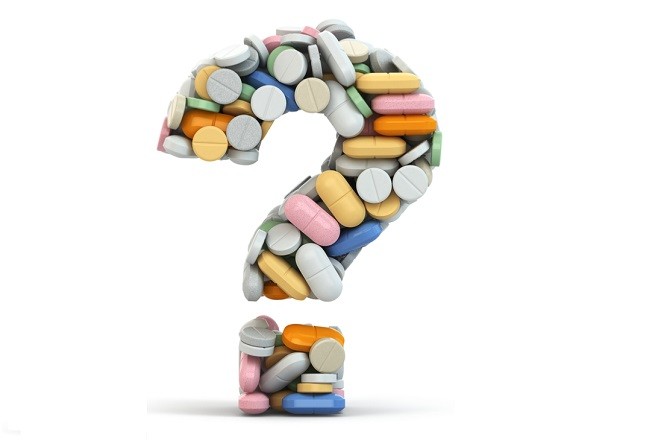
Top Ten Reasons To Take Vitamins
Time and time again, I meet someone who is in desperate need of better nutrition, yet they don’t know, don’t care, or don’t believe good nutrition is worth the effort. Tragic – because better nutrition can create a better life. It improves health, energy, and mood all the way down to the cellular level. There is a reason modern athletes are so focused on nutrition: it enhances performance; it helps them excel and distinguish themselves. In your own life, do you want to be a Lebron James or one of the many millions in poor health?
Good nutrition prevents disease. It helps create a life of health and vitality, instead of a life of prescription drugs and surgery. Nutrition as disease prevention started in 1747 in the first clinical trial in history. It proved that citrus fruits, high in vitamin C, could cure the disease of scurvy. A fundamental concept of health began developing in that first clinical trial:
Nutritional Deficiency + Time = Chronic Disease
The following ten reasons to take vitamins and nutritional supplements will convince you supplementation is one of the best things you can do for yourself. The key reason vitamins and minerals are required for optimal health is that they are essential components of enzymes, which facilitate and speed chemical reactions in the body. One example is zinc’s role in creating the hormone testosterone. In addition to their roles in enzymes, some nutrients have other effects. For example, vitamin D regulates mineral levels in the blood and bones; folic acid helps prevent developmental defects during pregnancy; the list goes on and on.
When vitamin and mineral intake is low, health problems develop which can, and often do, develop into serious chronic diseases, like heart disease, cancer, and diabetes. To use a car analogy, if we do not have enough antifreeze, oil, transmission fluid, or brake fluid in our car, we can expect big automotive problems. The same is true when we don’t have enough essential nutrients in our body.
When vitamin and mineral intake is too low, health problems develop which can, and often do, develop into serious chronic diseases, like heart disease, cancer, and diabetes.
Magnesium Deficiency and Heart Disease
As an example, let’s look at the mineral of magnesium to understand why supplementation is necessary. Magnesium is crucial for energy and heart health. Researchers have concluded that low levels of the mineral magnesium cause as many as 38% of the sudden cardiac deaths in the United States each year, which is more than 100,000 deaths that could be prevented with higher magnesium intake.2, 3, 4 Magnesium is an important part of the WhatSuppBox Foundation Program. Supplementing with magnesium can literally save your life or that of a loved one. The healthcare costs of magnesium deficiency are easily in the tens of billions of dollars. It is estimated that more than 68% of Americans are magnesium deficient. Don’t let yourself be one of them – supplement with magnesium. Check out some of our articles on magnesium for reducing blood pressure and improving heart and hormonal health:
- Magnesium Improves Heart Function
- Magnesium Improves Testosterone
- Magnesium Lowers High Blood Pressure
Top 10 Reasons To Take Vitamins
250 years after the first clinical trial, we are still discovering how all the different nutrients prevent disease and enhance health. Here is a list of the ways nutritional supplements can help:
1. Vitamins can Significantly Reduce the Risk of Chronic Disease
Of all the reasons to take vitamins, reducing the risk of chronic disease is the most important. The Landmark Dietary Supplement Study performed by researchers at the University of California, Berkeley studied 278 men and women who took multiple dietary supplements for at least 20 years and compared them to a group of people who took either no supplements or a single multivitamin. The people who took multiple supplements, including a multivitamin, vitamin C, vitamin D, omega 3 supplements, etc., were 73% less likely to have diabetes and 39% less likely to have high blood pressure. The multiple supplement users also had more favorable levels of cholesterol, c-reactive protein (a measure of inflammation), and triglycerides.
2. Nutritional Supplements are Safer than Prescription Drugs
This reason to take vitamins has been proven in many clinical studies. In systematic reviews of hospitals, it has been found that properly prescribed drugs cause more than 1.9 million hospitalizations a year. Even worse, more than 117,000 people die each year in the United States from drugs prescribed to them. Read that again, please. Prescription drugs are the fourth leading cause of death in the United States. Many of these drugs are not only dangerous, but they are also extremely expensive. In many clinical studies, nutritional supplements have yielded better clinical results, with fewer side effects, at a far cheaper price. This is a win-win-win.
In WhatSuppBox’s Research Section, we have compiled a database of scientific studies on the effectiveness and safety of many nutrients; the scientific research is found in US government online resources like PubMed and MEDLINE.
Let me give you an example. Niacin, also known as vitamin B3, compares favorably in multiple studies to statin drugs for lowering high cholesterol levels. What sets niacin apart from many statin drugs is that niacin not only lowers bad cholesterol but also significantly increases HDL, the good cholesterol, a double benefit for heart patients. In the New England Journal of Medicine, niacin and the statin drug Zetia were compared for effectiveness. Niacin was judged to be superior for protecting against heart disease. So why risk the side effects of statin drugs when a well-known and researched vitamin like niacin can provide the benefit you need?
Niacin, also known as vitamin B3, compared favorably in multiple studies to statin drugs for lowering high cholesterol levels.
3. Vitamins Increase Metabolism
The epidemic increase in obesity (more than 40% obese and 65% overweight in the US) closely mirrors the increase of sugar consumption in the last 100 years. Many health experts consider the massive increase in sugar consumption since 1900 in Western nations to be the primary cause of obesity. This graph on the role of sugar in the epidemic of obesity and diabetes highlights the problem.
What makes the problem a true health disaster is that high sugar foods tend to be low nutrient foods, so many of the nutrients like magnesium and chromium, which help our body burn sugar for energy, are missing from high sugar and processed foods. As a result, people are unable to use the sugar as energy and it is stored as fat. Of course, the most obvious answer to the problem is to cut our sugar intake, but sugar is now in almost all processed foods, so although we can reduce our intake, it is not likely we will eliminate our intake entirely.
A good strategy is to lower our sugar intake AND increase our nutrient intake, which will help us normalize metabolism and maintain a healthy weight. The minerals chromium and magnesium are both effective supplements. Chromium supplementation has been shown to result in a significant loss of fat in this study on the effect of chromium supplementation on body composition. Chromium, an essential mineral, works by enhancing the effectiveness of insulin; that is why it is also a critical nutrient for diabetics. Magnesium improves blood sugar levels and metabolism, which is crucial for diabetics and the obese.
4. Vitamins Improve Blood Levels of Essential Nutrients like Beta Carotene, Vitamins C, D, E, and Folic Acid
A fallacy you may have heard about nutritional supplements is that they just give you “expensive urine”. The false implication is that the nutrients are not absorbed. The Landmark Study mentioned before found that the nutrients in supplements are in fact well-absorbed and increase blood levels significantly. The multiple supplement users had 78% more folic acid and twice the level of Vitamin A, Vitamin C, Vitamin D, and Vitamin E in their blood than the group who did not take supplements.
5. Our Food is Losing Nutrients
Whether it be the rise of processed foods, synthetic fertilizers, depleted soils, or GMO seeds, there has been an alarming drop in mineral levels in food from 1940 to 2010. In this study on mineral depletion, mineral levels in fruits, grains, and vegetables dropped as much as 77%. In a separate University of Texas study on fruits and vegetables, vitamin levels had dropped by 37%. These studies are telling us it is very unlikely we can get all the nutrients we need from food. Supplements like well-formulated multivitamins and multi-minerals can provide an insurance formula against deficiency. A good formulation of the product is key, because what is the point of taking a multivitamin if it does not have enough of the individual nutrients and it does not have the right form of the nutrients to get absorbed into your blood for the benefit to take place.
These studies are telling us it is very unlikely we can get all the nutrients we need from food.
6. Processing, Freezing, Cooking and Microwaving Damage Nutrients in Food
In this, table of United States Department of Agriculture data, you see that freezing, drying, cooking and reheating can result in high nutrient losses.
Also, microwaving was shown to reduce nutrient content significantly, In a study on the effects of different cooking methods. It appears steaming is the least damaging. So unless you are steaming, you are losing many of the nutrients from your food; supplements can fill in the gaps.
When we are talking about breast or prostate cancer, we need more protection. Some supplements can provide in one capsule the same amount of phytonutrients that an entire pound of broccoli has. One category of phytonutrients found in cruciferous vegetables (broccoli, cauliflower, kale, bok choy) called, isothiocyanates has been shown to lower the risk of breast cancer by 50%. A pound of broccoli in one capsule is very powerful protection against cancer.
7. Radiation and Toxins Increase our Nutrient Needs above the US RDA
The US Food and Nutrition Board says that smokers need twice as much vitamin C as nonsmokers. Other lifestyle and environmental considerations also increase nutrient requirements, like:
- Prolonged Stress
- Chronic Disease
- Environmental Pollution and Heavy Metal Toxins
- Malabsorption Disorders like Crohn’s Disease or Irritable Bowel Syndrome
- Exercise-induced Nutrient Depletion
- Radiation Exposure
- Sleep Deprivation
- Alcohol Consumption
- Cancer
- Food Additives
Another issue increasing our nutrient needs is that many prescription drugs can interfere with vitamin and mineral chemistry in the body, so higher levels may be required. Lack of sleep, a common problem in the United States, can increase our nutrient needs because of the stress it causes. Supplements can provide the extra vitamins and minerals we need during these situations.
8. 90% of the US population is Deficient
It has been observed time and time again: the typical American diet is profoundly lacking in nutrients. There are studies to back up this claim. Recent research has determined that 90% of Americans are deficient in at least one key nutrient. The leading national public health institute in the United States, the Center for Disease Control (CDC), found in the NHANES study that nutrient deficiencies occur for multiple nutrients in high percentages of the US population. In particular, vitamin D, vitamin E, vitamin A, and magnesium were deficient in more than 50% of the population. Long-term deficiencies are an underlying cause of many diseases in Western society, so preventing deficiency through supplementation would be wise. Keep in mind that the US RDI (Recommended Daily Intake) only prevents deficiencies. For optimal health, many people require higher amounts of nutrients, especially antioxidants.
9. Nutrient Absorption Decreases With Age
Research has indicated that we absorb fewer nutrients from our food as we age because of changes in digestive tissue and the interference of the medication. Vitamin B12, Vitamin D, and calcium are common deficiencies in the elderly. Vitamin supplements can correct these deficiencies, so nutritional supplements become even more important as we age.
10. Vitamins Give You a Competitive Edge
This is one of the best reasons to take vitamins: separate yourself from the competition in health, energy, performance, and mental function.
Let’s just focus on one popular herbal extract to see how you can get a competitive edge from supplements. Ashwagandha is considered an adaptogenic herb, which helps the body adapt to physical and mental stress. In India, it is called “strength of the stallion”. There has been a great deal of scientific research on Ashwagandha, with clinical support for the following:
- Improves Depression
- Improves Thyroid Function
- Relieves Anxiety and OCD Symptoms
- Improves Sexual and Reproductive Function
- Lowers High Blood Sugar
- Improves Memory
- Protective Against Cancer
- Improves Immune Function
- Improves Energy Levels
- Fights Alcoholism
Can you see how these benefits would give you a competitive edge? Of course, but you may ask, What about side effects? Be assured, ashwagandha is a highly esteemed medicinal plant in traditional Indian medicine. It has been used for centuries and is considered extremely safe. We use it ourselves, particularly for dealing with stress: Ashwagandha Extract.
To get started and personalize your vitamin program, use our Supplement Recommendation Engine.


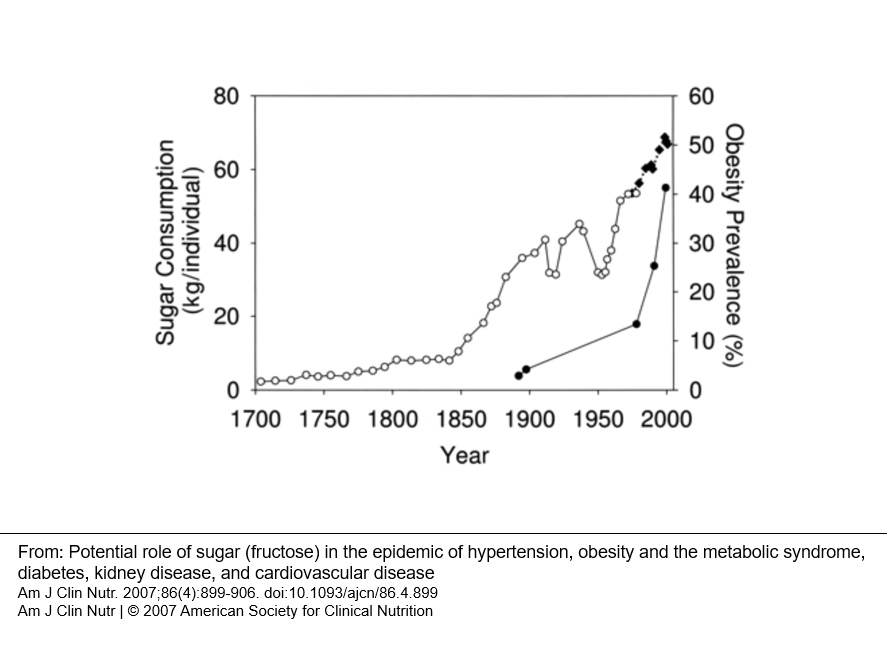
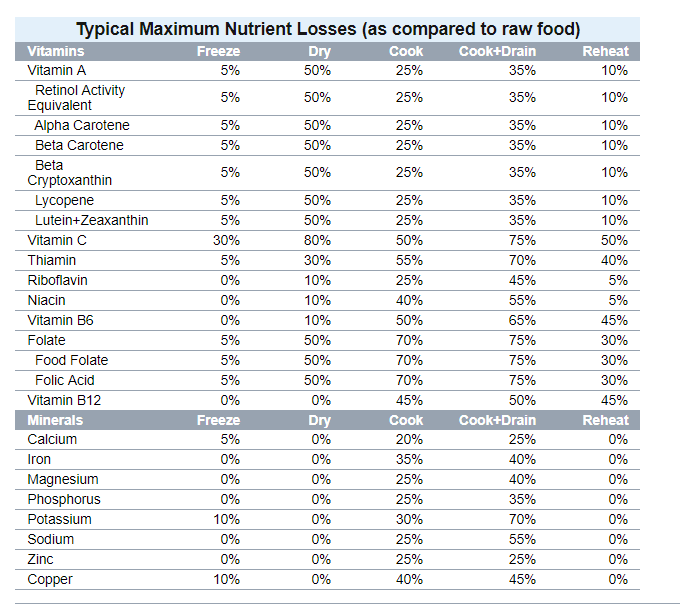
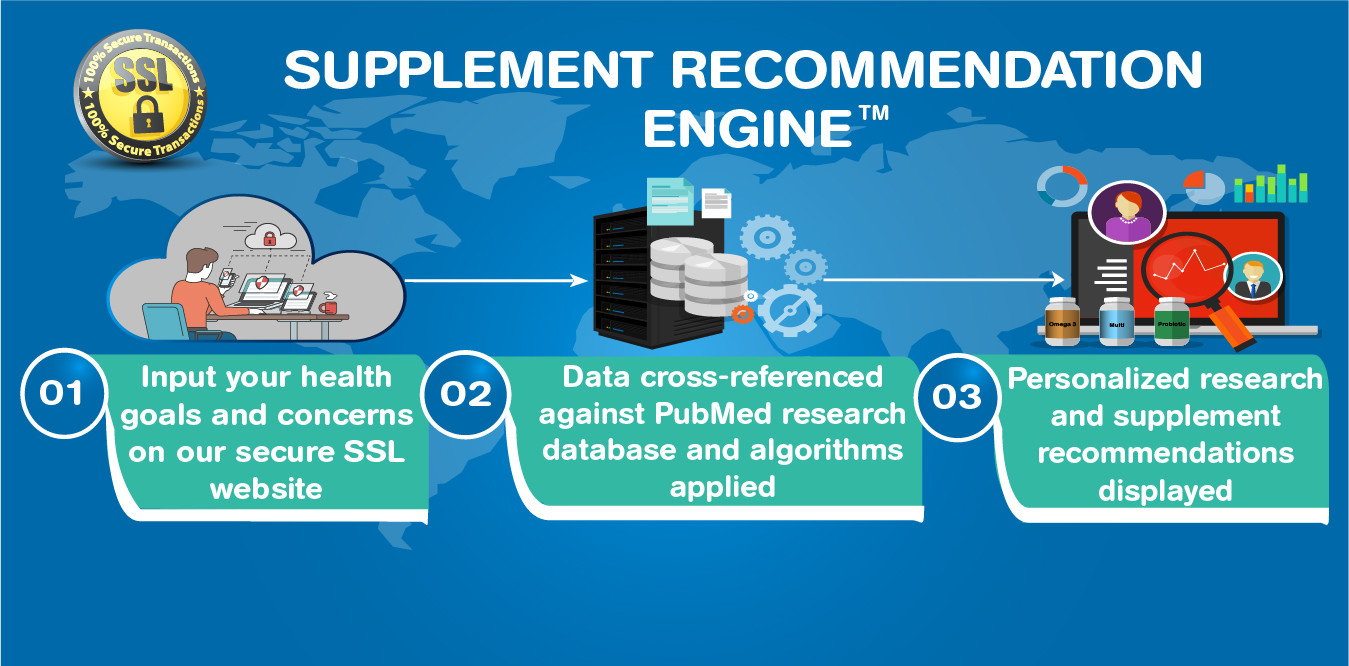
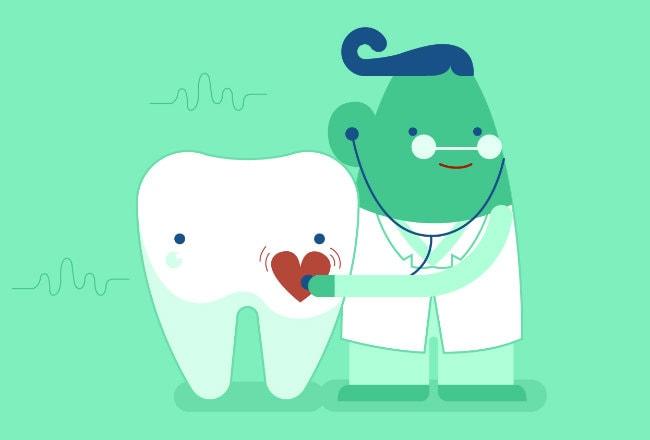
Comments (0)